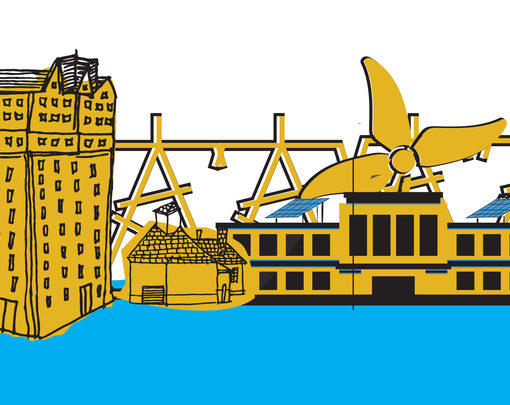Takes a local energy system out of private corporate control and puts it under public control as a municipally-owned enterprise.
Policy Support:
Given the regulations at the state level, municipalization may or may not be possible. Who sets the price for the infrastructure to be municipalized (courts? a public utility?). In general, state level policies that permit, support, and even encourage localities to municipalize their energy systems are needed.
Build Capacity?
Yes, it empowers local communities to take control of their own energy systems and allows decisions regarding sources of energy and siting of energy related infrastructure to be made at the local level with resident involvement through the democratic process.
Risk & Drawbacks?
Municipalization efforts often take a long time, require considerable up-front costs, and involve political and legal fights with the incumbent electric provider.
Inspiring Examples:
Boulder, Colorado’s effort to municipalize the city’s electrical system in order to more rapidly prioritize sustainable energy is still underway, despite large amounts of corporate money spent in opposition by the incumbent provider, Xcel. More generally, in Nebraska, all power statewide is provided by either publicly-owned utilities or by electric cooperatives.
























